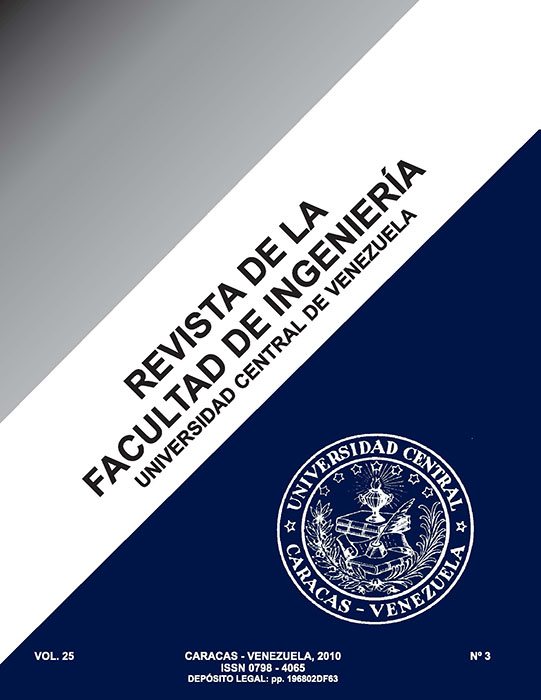EL APRENDIZAJE COOPERATIVO APLICADO A LA DIDÁCTICA DEL PROCESAMIENTO Y PRODUCCIÓN DE TEXTOS / Cooperative Learning Applied to Processing and Production of Texts
Keywords:
Aprendizaje cooperativo, Didáctica de la lengua, Producción textual, Procesamiento textual, Lingüística aplicada a la enseñanza de las lenguas.Abstract
El objetivo del presente trabajo es exponer los resultados de aplicar el aprendizaje cooperativo en la didáctica de tres secciones (grupos) de la asignatura Lengua y Comunicación del Ciclo Básico de la Facultad de Ingeniería de la Universidad Central de Venezuela (FI-UCV). Por las características del estudio, se ha elaborado un doble marco teórico (didáctico y lingüístico). El marco teórico-didáctico que se asume como fundamento de la acción docente es el paradigma funcional y el modelo por contrato de tareas. Dentro de este modelo, se ha aplicado el aprendizaje cooperativo (en particular el Jigsaw) como un método didáctico de trabajo en equipo. El marco teórico-lingüístico está fundado en la teoría sobre input y output. En consecuencia, el árbol de jerarquización teórica que rige el abordaje metodológico del protocolo de investigación es como sigue: paradigma funcional > modelo por contrato de tareas > aprendizaje cooperativo > Jigsaw > teoría sobre input y output. Por lo que se aplicó en el semestre 2007-III y a las secciones 1, 2 y 7 de Lengua y Comunicación, el método Jigsaw en el procesamiento de textos con influencia en su producción. La aplicación se hizo a partir de la semana 7°, para establecer una medición longitudinal contrastiva de resultados entre la primera y la segunda mitad del semestre. El trabajo de investigación arroja como resultado un incremento cualitativo-cuantitativo en el rendimiento académico de la segunda mitad del semestre respecto de la primera mitad. Se concluye que la didáctica de la lengua basada en el aprendizaje cooperativo facilita no solo que el alumno realice su propia y mejor construcción de las competencias de lectura y escritura, sino que realice además sus propias construcciones de competencias académicas y sociales.
ABSTRACT
The aim of this paper is to present the results of the implementation of Cooperative Learning in the subject Language and Communication (Basic Cycle, Faculty of Engineering, Central University of Venezuela). Due to the nature of the study, a dual theoretical framework (teaching and linguistic) has been developed. The theoretical-teaching framework is the Functional Paradigm and Model for Contract Task. Within this model Cooperative Learning has been applied (in particular the Jigsaw) as a method of teaching teamwork. The theoretical-linguistic framework is based on the theory of input and output. The hierarchy of theoretical research protocol is as follows: Functional Paradigm> Model for Contract Task> Cooperative Learning> Jigsaw> theory on input and output. The methodology adopted in this work is in the research-intensive field. The Jigsaw method in the processing and production of texts was put into practice in the semester 2007-III to three groups of the subject Language and Communication. The application was made from the 7th week to establish a contrastive longitudinal measurement of results between the first and second half of the semester. The results show a qualitative-quantitative increase in academic performance of the second half of the semester compared to the first half. The conclusion is that Cooperative Learning helps the students to carry out their own and better construction skills of reading and writing, and to conduct their own constructions of academic and social skills.
Keywords: Cooperative learning, Language teaching, Text production, Word processing, Applied linguistics.



